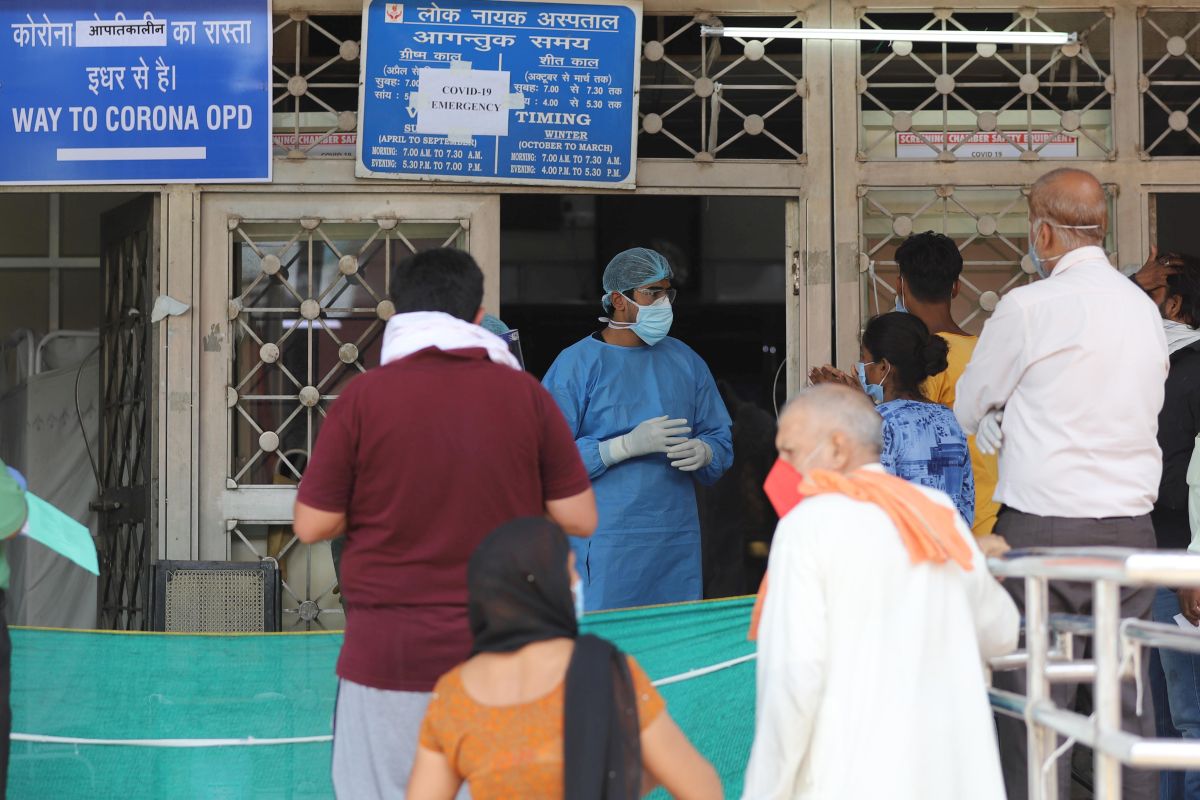It is an amazing feature of politic rhetoric that the shoe can often pinch the other foot, as events in central India have demonstrated in recent days. Last Thursday, nine infants were reported to have died in the Rajasthan government-run J K Lone hospital in Kota, which last year too had seen a rash of such deaths.
The opposition Bhartiya Janata Party was quick to jump into the fray and quickly seek the resignation of the health minister. It claimed that healthcare had suffered under the stewardship of Congress Chief Minister Ashok Gehlot and saw in the deaths of these infants, confirmation of his government’s incompetence.
Advertisement
Before the last critical volley had been fired, Covid patients in a government run hospital in neighbouring, BJP-ruled Madhya Pradesh had gasped to death after the power supply failed and the back-up generator malfunctioned.
This time, it was the turn of the Congress to train its guns on the BJP government of Shivraj Singh Chauhan.
In both instances, inquiries have been ordered and doubtless they will in the course of time meander their way to ineffectual conclusions that will do little to ensure such tragedies do not recur.
Neither Madhya Pradesh nor Rajasthan, nor indeed any of the states of the Indian Union has an unbesmirched record as far as health care is concerned. Just a couple of weeks ago, six infants had perished in a Government-run hospital at Shahdol in Madhya Pradesh.
In 2017, there had been a spate of such deaths with 24 perishing in Vidisha, 36 in Shahdol (both in Madhya Pradesh), 49 in Farrukhabad and 60 in Gorakhpur (both in Uttar Pradesh).
Deaths in hospitals due to medical negligence or equipment failure are frequent, and scarcely a month goes by without one tragedy or the other being reported from some part of the country. This situation prevailed long before the coronavirus epidemic placed a strain on public healthcare facilities. If anything, while the virus peaked, deaths from other causes seemed to have come down, in part because public hospitals functioned at full strength but equally because the focus of healthcare had shifted to the virus.
Now, with the virus case load having come under some kind of control, public hospitals seem to be reverting to their old slothful ways. The fact is that the colour of the political outfit matters little in the disgraceful narrative of India’s public hospitals.
Regardless of who is in charge, patients are treated with apathy by an overburdened system that attracts far less public investment than it deserves. While the epidemic has underscored the need for spending much more on public healthcare facilities, it is entirely possible that with the disease having been brought under some form of control and a vaccine within grasp, the exaggerated concerns of the past few months will quickly fade away. And leave us where we have always been, reporting crib deaths and power failures because the state refuses to place a premium on human life.









